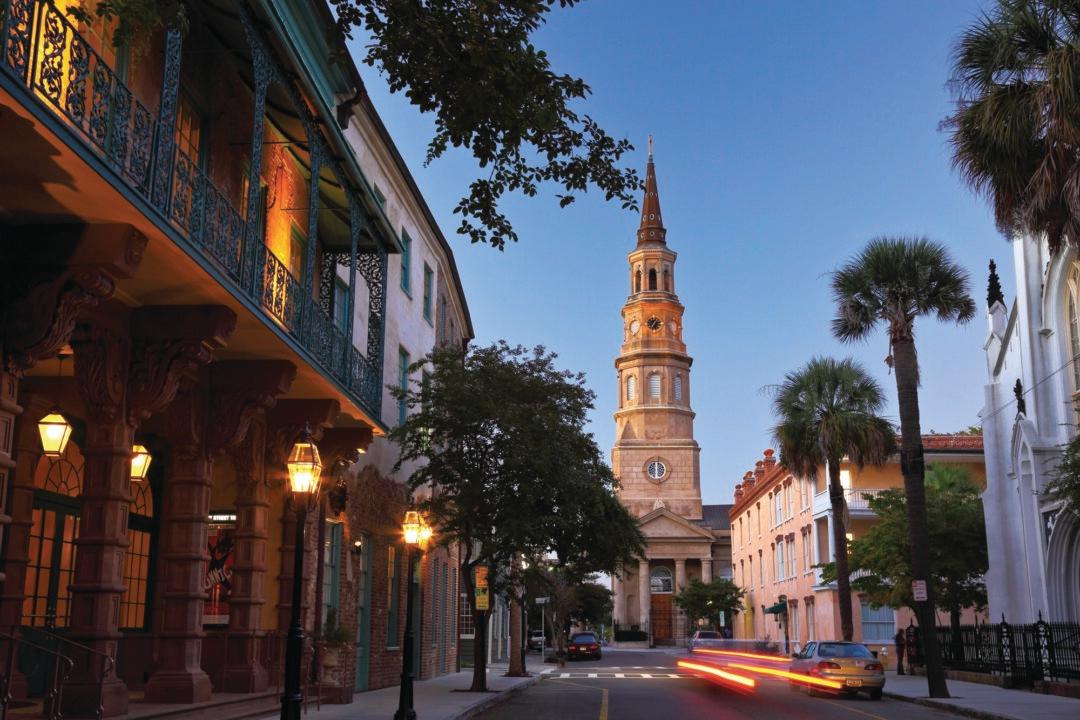The plump shrimp, sautéed in a fragrant mix of garlic, scallions, and mushrooms, reminded me of my mother’s Cantonese cooking: firing up ginger, scallions, and garlic in a wok and searing seafood with its addictive aroma.
But I was not sitting in my mother’s kitchen but in Hominy Grill, a restaurant in Charleston, South Carolina, known for its shrimp and grits, a classic Lowcountry dish.






